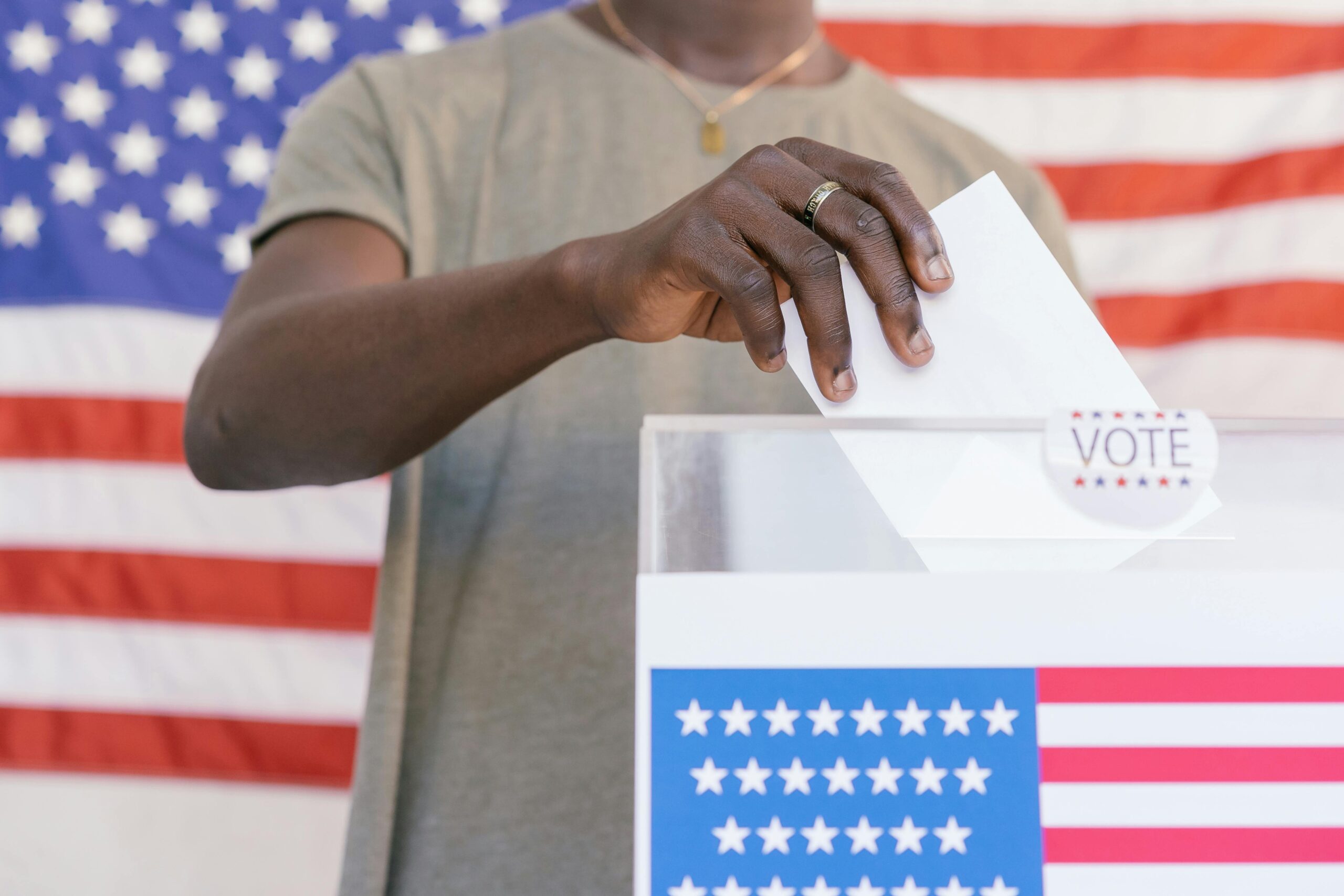While we may be in the midst of a presidential election, it’s important not to overlook the significance of down-ballot issues.
Proposition 131 is the Top-Four Primary and Ranked-Choice Voting Initiative. It would establish ranked-choice voting (RCV) for elections involving the U.S. Senate, U.S. House of Representatives, governor, attorney general, secretary of state, treasurer, Colorado University Board of Regents, state board of education and state legislature.
Ranked choice voting allows voters to rank candidates in order of preference instead of just picking one. If a candidate gets more than 50% of the vote in the first round, they win. If not, a second round commences in which the candidate with the least votes gets eliminated. Votes of those who ranked the eliminated candidate first are transferred to their next preferred candidate.
In the 2022 election, RCV was used in 62 jurisdictions across the country. This year, voters in Colorado, Idaho, Oregon and Arizona are being asked to decide whether to implement RCV in future elections.
Those in favor of RCV argue that it elements the need for primaries, encourages civil campaigning and reduces wasted votes. It eliminates the need for elections that have runoff requirements. It would also help to dismantle the two-party system.
Some voters worry that RCV may be too complicated, potentially discouraging voters who find the process confusing. Critics worry it could overwhelm voters, especially those uninformed about the system change. However, data from Alaska’s 2022 Congressional Special Election indicated that 85% of voters found ranked choice voting simple.
Despite this being a bipartisan issue, some Colorado Republican officials are still adamantly against RCV. Colorado 4th Congressional District Republican candidate Lauren Boebert has gone so far as to describe ranked-choice voting as “an effort to rig our electoral system.”
Over $9 million has been invested in support of Proposition 131. With the election just three weeks away and mail-in ballots already distributed, the decision is now in the hands of voters.











